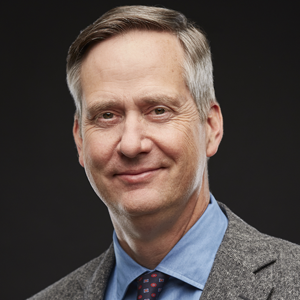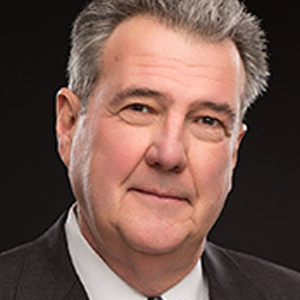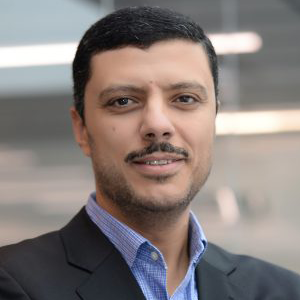
Universities around the world compete for talented faculty and researchers, for promising students, and for resources and research funding. One element in that competition is where institutions appear in the various university rankings. For around two decades, university ranking schemes have claimed to be relatively objective measures of institutional quality that can help faculty, prospective students and their parents, policy- makers, funders and industry make decisions about where to work, study, invest or recruit.
This report attempts to provide an understanding of how some universities, which do not appear among the top ranked institutions, pursue and achieve excellence in their local contexts and serve their local and regional communities.
Authors
Matthew Hartley
Professor, Associate Dean, University of Pennsylvania
Matthew Hartley is Professor and Associate Dean of Academic Affairs at the University of Pennsylvania’s Graduate School of Education. His research examines how university leaders respond to major education reforms. He is currently examining universities in a variety of national contexts whose work reflect various conceptions of excellence . Dr. Hartley has served as an expert for the World Bank and has worked with the Council of Europe. His Masters and Doctorate are from Harvard University’s Graduate School of Education.
Alan Ruby
Senior Fellow and Founding Director of the Global Engagement Office, Graduate School of Education, University of Pennsylvania
Alan Ruby has a substantial career in government, business, philanthropy, and education. His experience includes being a classroom teacher, the Australian Deputy Secretary of Education, and chair of the Organisation for Economic Co-operation and Development’s (OECD) education committee. At the University of Pennsylvania, Mr. Ruby is a senior scholar in the Alliance for Higher Education and Democracy (AHEAD) and studies the effects of globalization on universities. He is also director of the school’s Global Engagement Office.
Ahmed Baghdady
Manager, Research and Content Development, WISE
Ahmed Baghdady is an education and research leadership professional with over twenty-five years’ experience. He is currently Research Manager at the World Innovation Summit for Education (WISE), an initiative of Qatar Foundation and adjunct faculty member at the Doha Institute for Graduate Studies. Ahmed has previously held research and program leadership positions in the RAND Corporation, the Institute of International Education (IIE), and AMIDEAST, and has taught at higher education institutions including the American University in Cairo.








